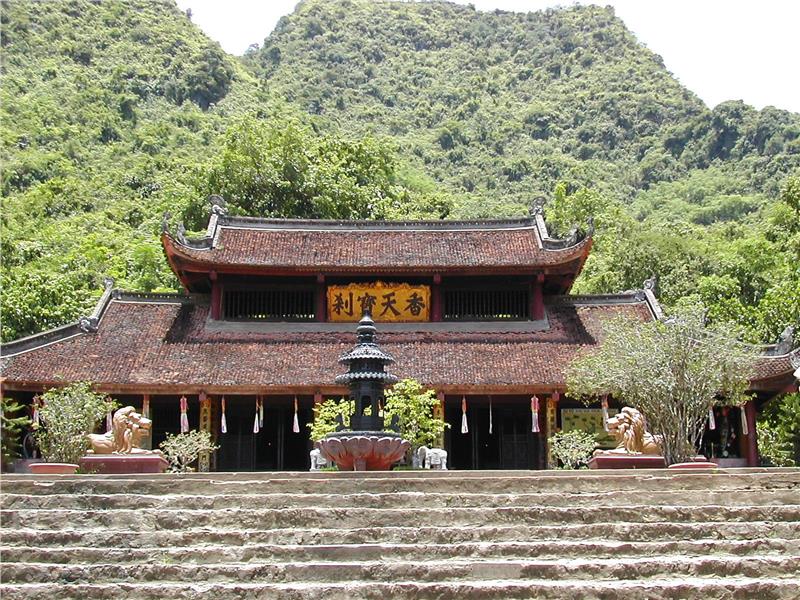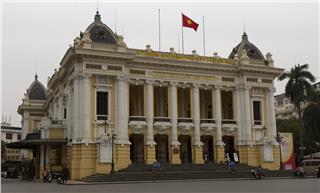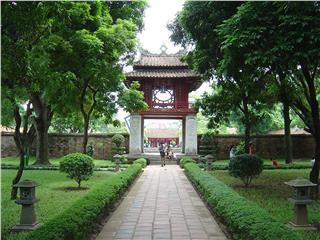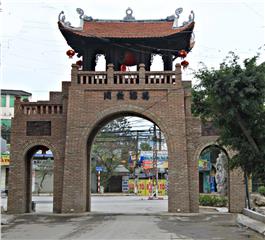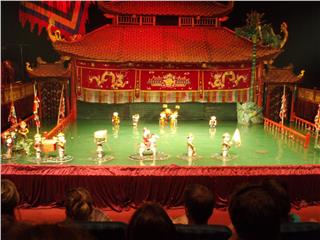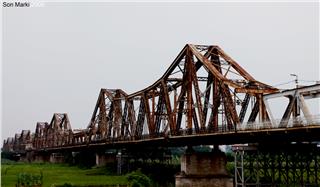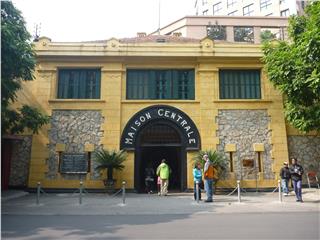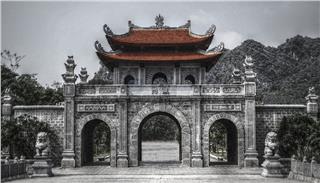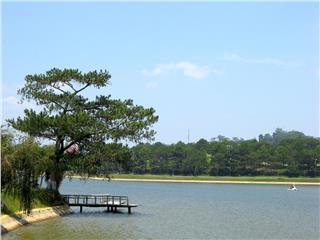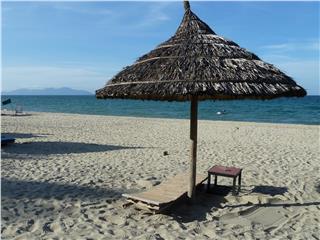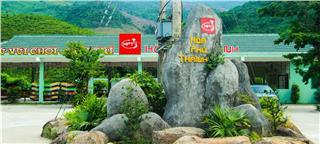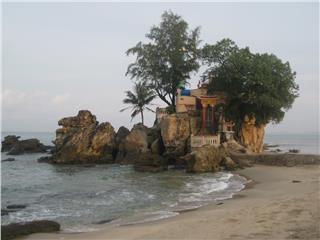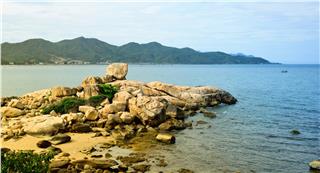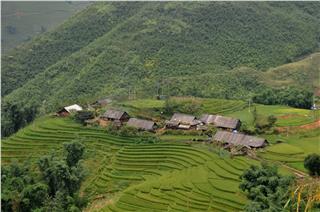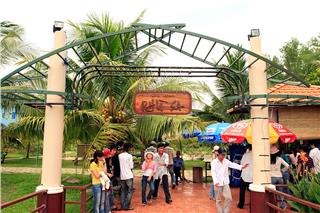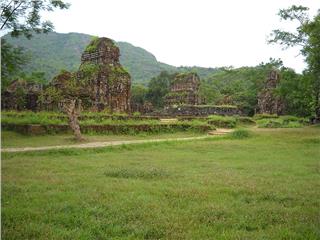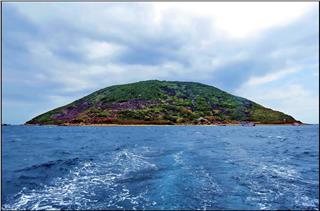Perfume Pagoda, a complex of temples scattering from the foot to the peak of Huong Tich Mountain is one of the alluring spiritual tourist attractions in Hanoi. Go to Perfume Pagoda to feel the harmony between the nature and the people here.
Far about 70km from Hanoi, Perfume Pagoda, also known as Huong Pagoda is famous scenic spot of Vietnam, which is located in Huong Son Commune, My Duc District, Hanoi. This is an architectural complex scattering in Suoi Yen valley and consists of ancient works with unique appearance and caves formed as a result of the natural movement. The tourist complex also includes dozens of Buddhist temples, god temples, shrines... worshiping agriculture beliefs. It is also famous for both domestic and foreign tourists thanks to Huong Pagoda Festival lasting from 6/1 to the end of March in lunar calendar. For those who would like to participate in the festival, they should go right in the festival season in order to experience the unique atmosphere. If simply going sightseeing and admiring the wonders of Creation, tourists can reach Perfume Pagoda at any time of all year round. The center of the temple complex in the region is Perfume Pagoda, which is located in Huong Tich Cave, also known as Inner Pagoda (chua Trong). Tourists will certainly not regret when setting foot in Huong Pagoda. Here, they have a chance to admire Huong Tich Cave, which is dubbed "the most beautiful cave in the North".
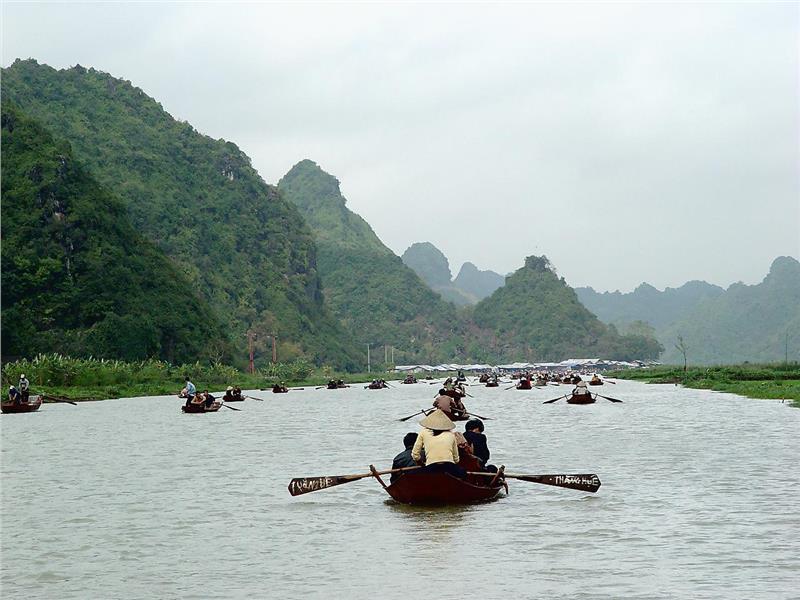
Seen from the panoramic view, Huong Tich Cave looks like a dragon's head opening its mouth playing with the pearl. Dun Gao (Rice) Mountain seems to be the dragon tongue, the high stalactites inside are like the dragon's teeth, and its tail is at Ai Nang - Hang Nuoc. The mountain covering Huong Tich Cave is the second highest one in the entire system of Huong Son complex. Perfume Pagoda, located in Huong Tich cave complex was constructed around the late 17th century. Stepping into the entrance of the cave under the blue stone steps with flanked by towering ancient trees, tourists will immerse in a cool atmosphere, a magnificent natural world as Penglai scene, which evokes desire to explore the fully-fascinating land. Perfume Pagoda gradually becomes new tourist spot in Hanoi travel.
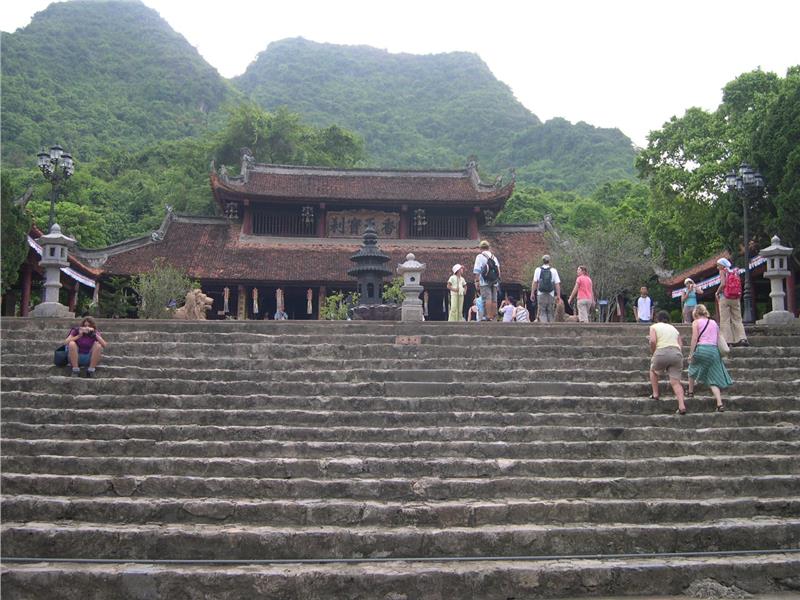
Path to the temple cave is a steep including 120 stone steps. The wall in front of cave's entrance was engraved "The most beautiful cave in the North" in kanji in 1770, which is the writings of Lord Trinh Sam (1767-1782). Stepping into the cave, tourists are certainly amazed at incredible beauty of stalactites which is considered as marvelous sculptural works of the nature. Stalactites here are actually multi-shape with their magnificent beauty. Down from above or growing from the ground up, stalactites strongly attract tourists' curiosity. In particular, their names are called depending on their shapes that display human dreams. Right from entering the cave is massive Dun Gao Mountain. Rice is the most important in daily life of Vietnamese people, Dun Gao Mountain in Buddhist caves was thus at the forefront. At the foot of Dun Gao retains a tiny rocky hollow called Coi Gia. Near Dun Gao is Co (Aunt) Mountain and Cau (Uncle) Mountain. Co Mountain is smaller than Cau Mountain, yet they are similar each other thanks to baby-shaped appearance which is recumbent, upright or concave restless.
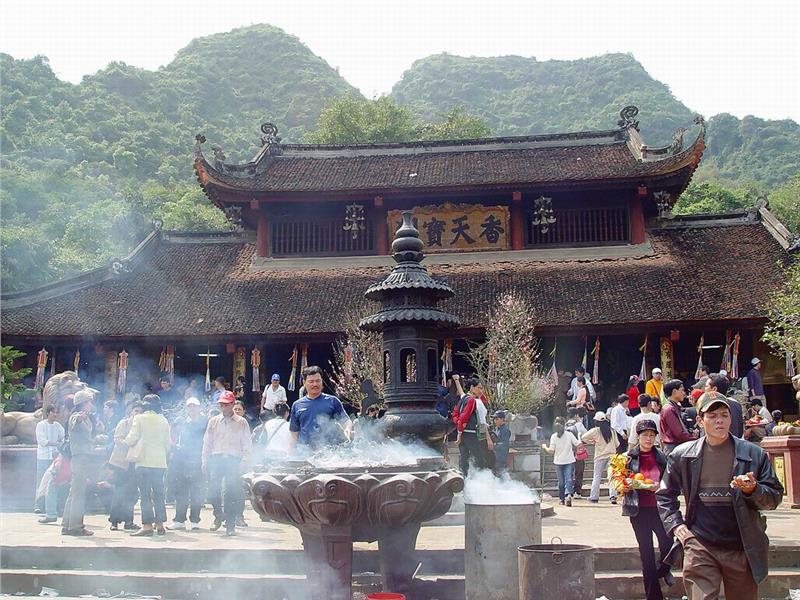
Standing in the same vertical row with Co Mountain, Cau Mountain and back inwards is Cay Bac (Silver Tree), Cay Vang (Golden Tree) containing the circle as the glittering gold and silver coins. Keeping moving into the corner near the end, tourists will admire Ao Beo, Nong Tam, and Ne Ken... All are images of stalactites. In addition, stalactites overhanging in the ceiling of the cave formed nine vivid dragon head shape, which is called Mekong. In particular, the most valuable in terms of sculpture, not only in Perfume Pagoda but also even in the entire system of Huong Son temples is Guan Yin Buddha statue carved in blue stone in Tay Son Dynasty. The statue was made entirely of stone with the slender posture, oval-shaped face, delicate appearance, Bodhisattva hat on the head, and her hair falling behind. The sitting statue is designed on a special posture. Her right hand kept the precious gem, the left leg stretched out putting on a blooming lotus, and the right leg shrank on a lotus flower. According to the inscription in the stone in 1806, the statue was carved in 1793.
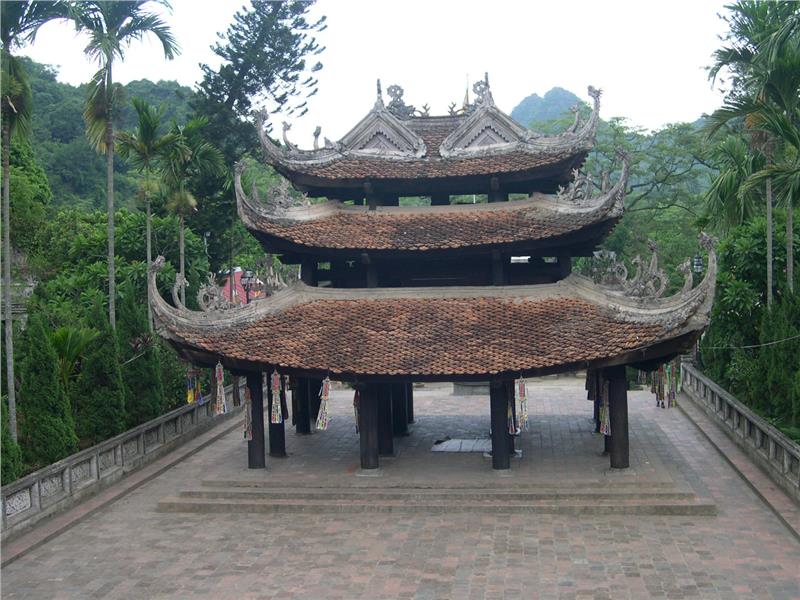
As one of the most alluring attractions in Hanoi, Perfume Pagoda is the complex of numerous caves, temples associated with the mountains. It becomes a huge tourist landscape complex with a architectural harmony between the nature and the artificial. The Creator graciously bestowed the land wonderful scenery and the human here has gradually turned magnificent things into sparkling and vivid colors. This has created an valuable cultural feature of the nation. Perfume Pagoda is a famous scenic spots attracting numerous tourists thanks to its own beauty and a Buddhist belief subculture of Vietnam people as well. It today is not only regional value but becomes a national monument as well as spiritual cultural values of the nation.
